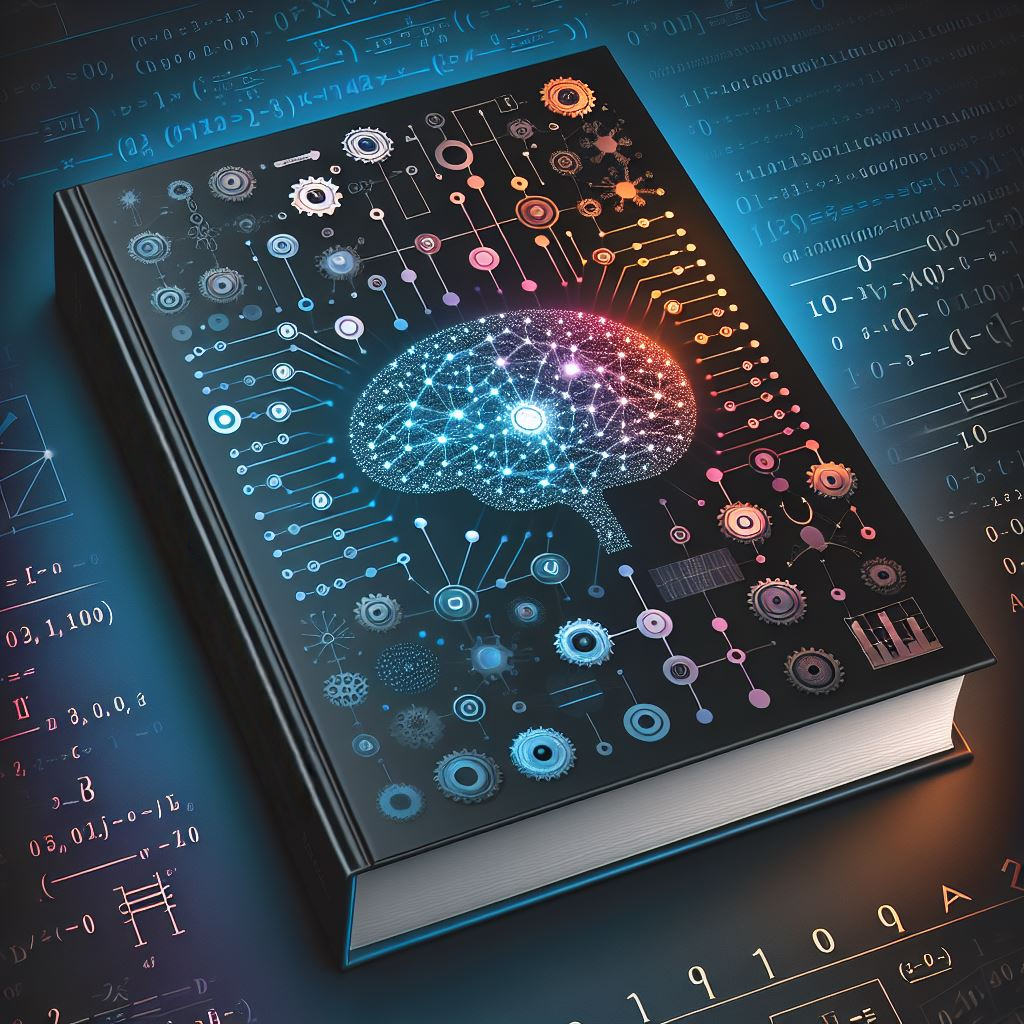
Dr. Felix Weitkämper
Felix has completed his undergraduate education in Mathematics with Philosophy at the LMU in Munich. Afterwards, he completed a doctorate in Mathematics with the Logic Group at the University of Oxford. After graduating from Oxford, he spent a year teaching 15-19 year olds at a technical college in the North of England as part of the Researchers in Schools initiative, which brought postgraduates from selective universities into schools in disadvantaged parts of England. In 2020, Felix moved into computer science and joined the programming languages and AI group at the LMU in Munich as a postdoctoral researcher. His research focus lies on interpretable, human-centered AI, and in particular on the combination of statistical learning and modelling with sophisticated logical reasoning. Within this field, his work spans from mathematical foundations to systems and applications in the life sciences. He is part of the German UDS family since October 2024 as a full-time senior researcher, doing his part for the new generation of AI specialists and deciders to be grounded in the whole breadth of AI research and technique.


